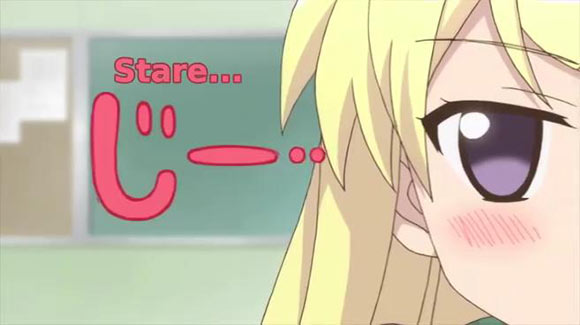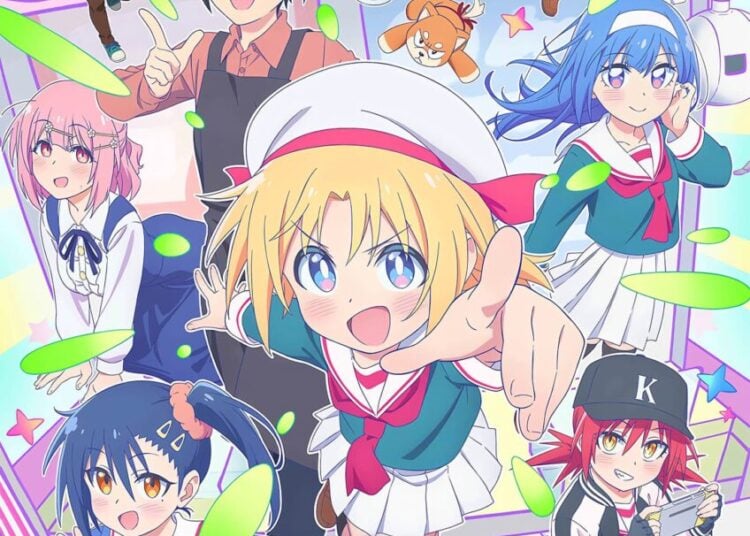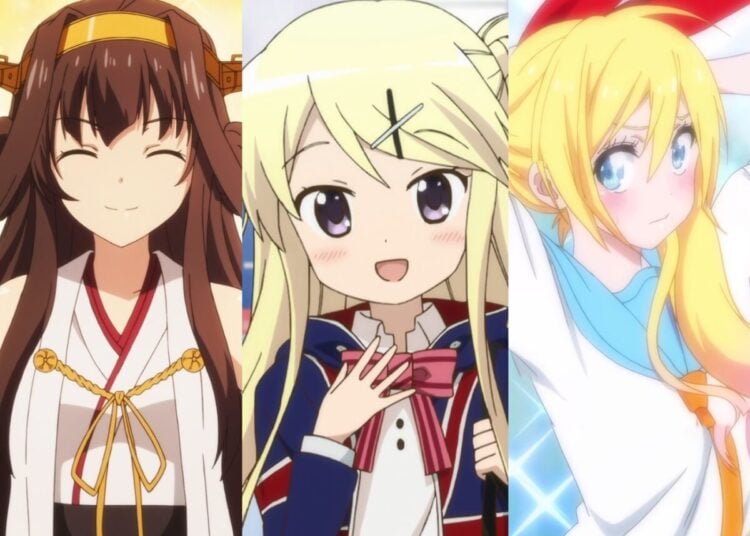All languages make use of onomatopoeia, words that are derived from the way they sound, and Japanese is no exception. There’s something very elemental about these words, as if they were tied to a deeper part of the brain than other language, and it took my brain several years to accept wan wan, nyan nyan and buu buu as perfectly valid alternate versions of “woof woof”, “meow meow” and “oink oink.” The Japanese take the idea of onomatopoeia a bit further than most languages, assigning “sounds” to actions, states and conditions in creative ways. For example, a person’s eyes shining brightly makes the “sound” kira kira, or kyoro kyoro if they’re moving from side to side, looking around. Pika pika means “brand new,” literally describing the sound of gleaming streaks of sparkling newness, though it also describes the sound of crackling electricity, as any Pikachu fan knows. Bishi bishi means working fast and efficiently while dara dara is moving slowly, lazily. Eating quickly is paku paku, where Pac-Man gets his name from, and someone who is bilingual in a foreign language speaks it pera pera (fluently), which seems to be what English spoken rapidly sounds like to non-fluent Japanese people. There’s even a sound for someone staring intensely (jiiiii!) and even one for silence (shiiiin), which is the sound I usually hear after one of my famous gaijin dad jokes. Onomatopoeia often add flavor to Japanese sentences, and in lieu of having separate words like cry, sob, wail etc., they’d use the generic word for “cry” and add a sound word like shiku shiku, which is the sound of someone sobbing. One onomatopoeia that comes up often in anime and visual novels is is doki doki, which describes the feeling of being nervous or excited or full of anxiety about something. It’s one of my favorite words.















